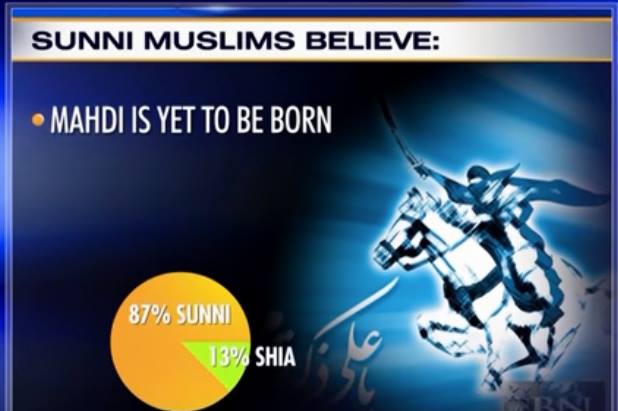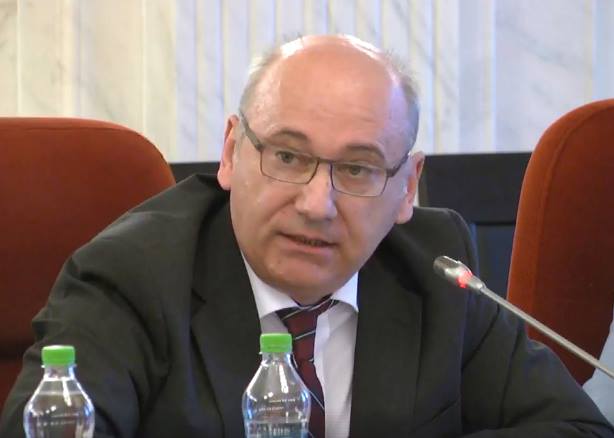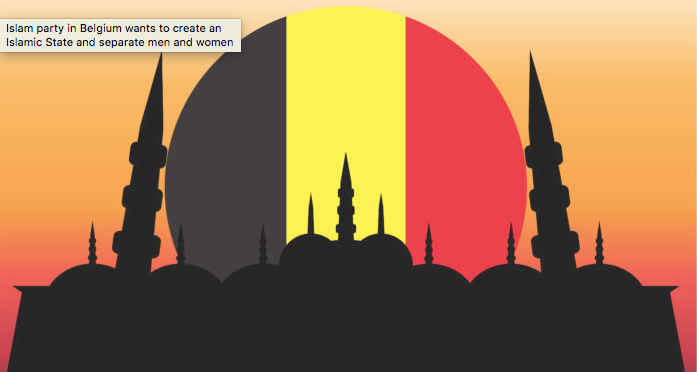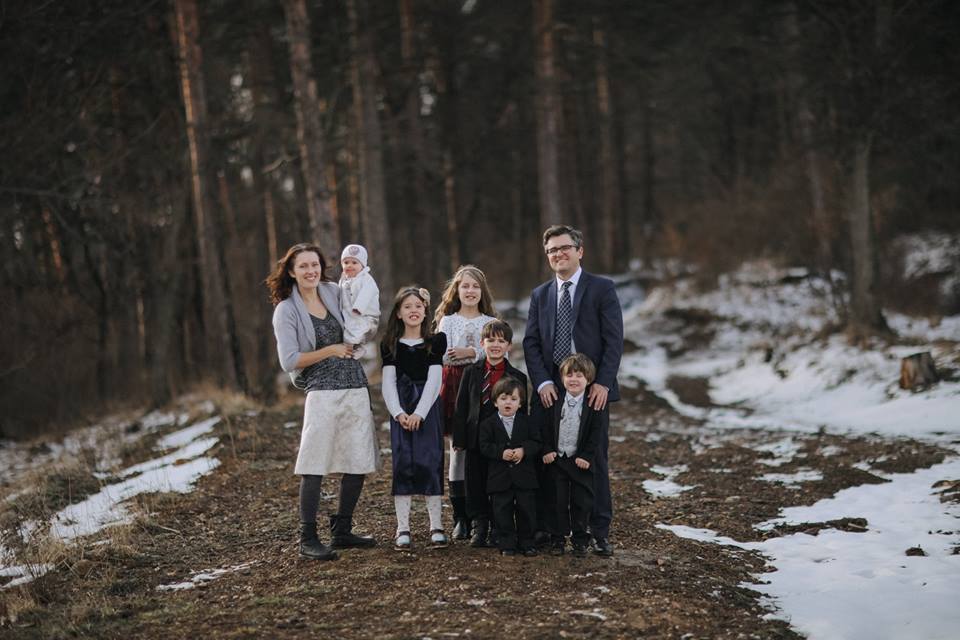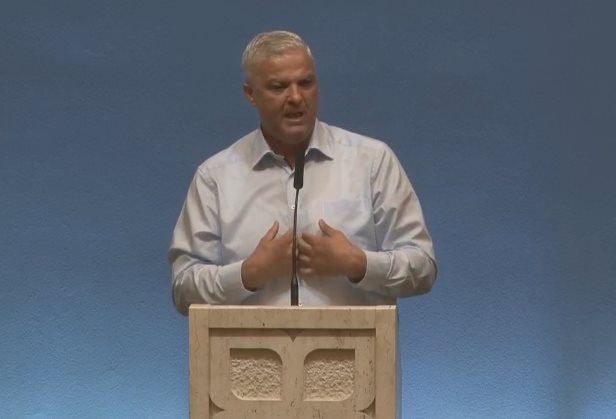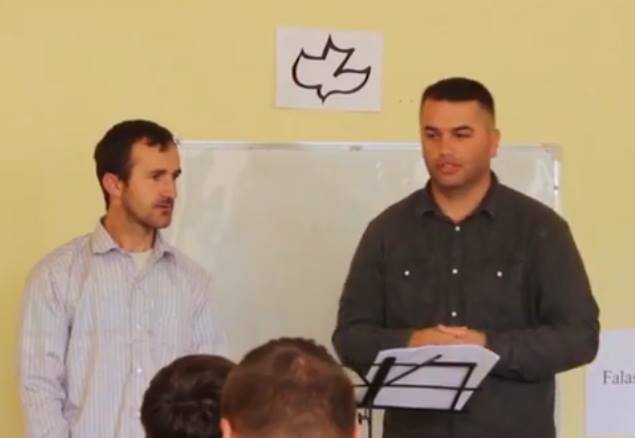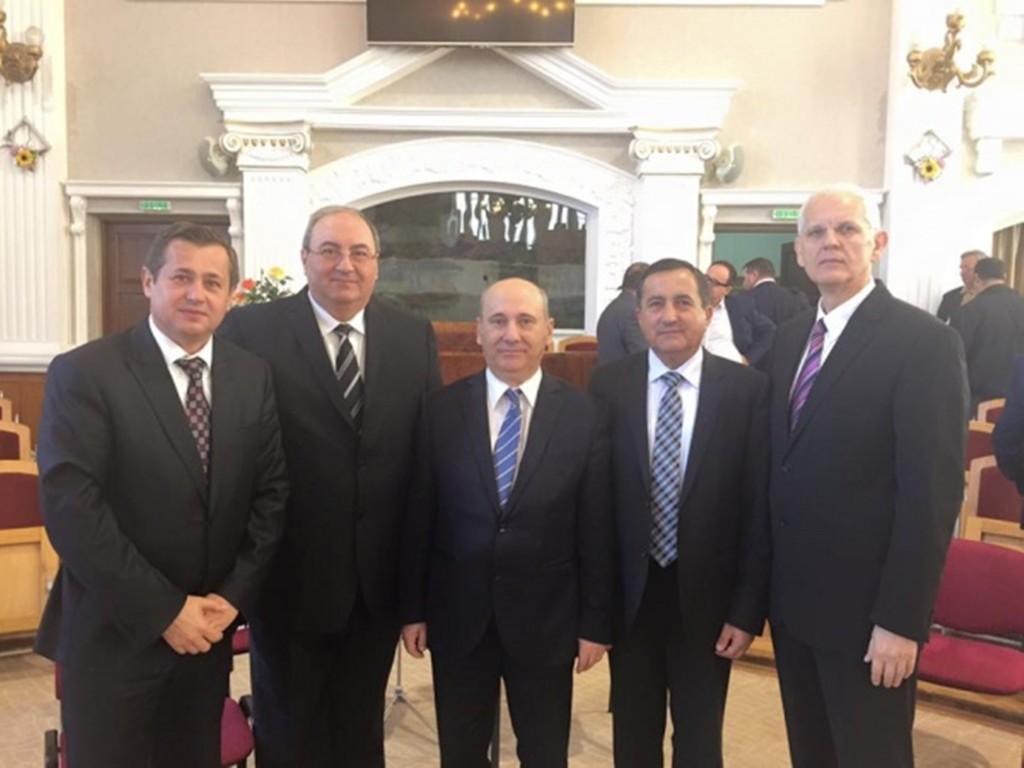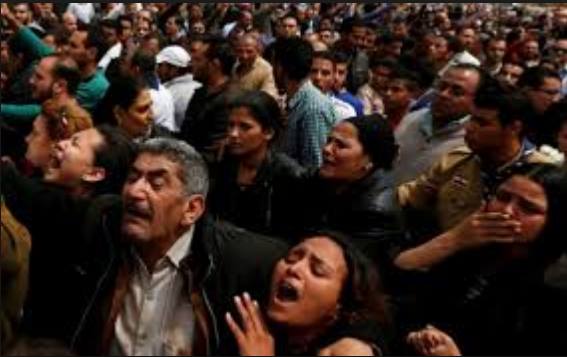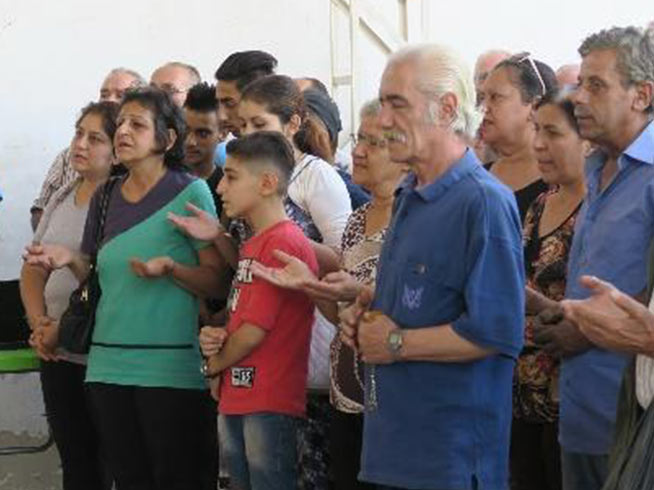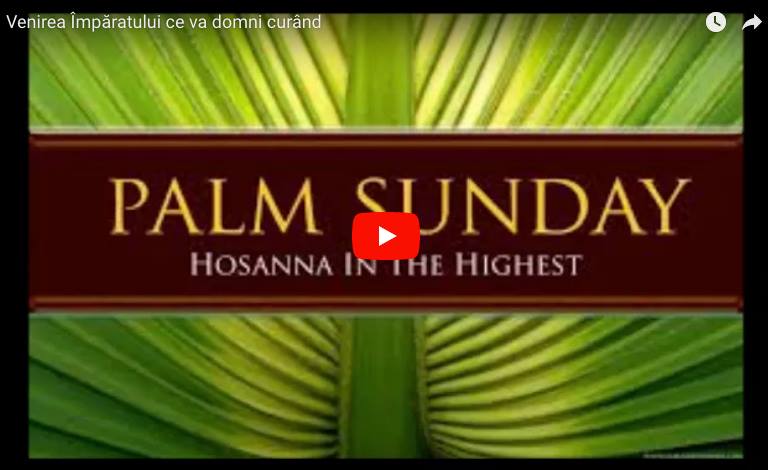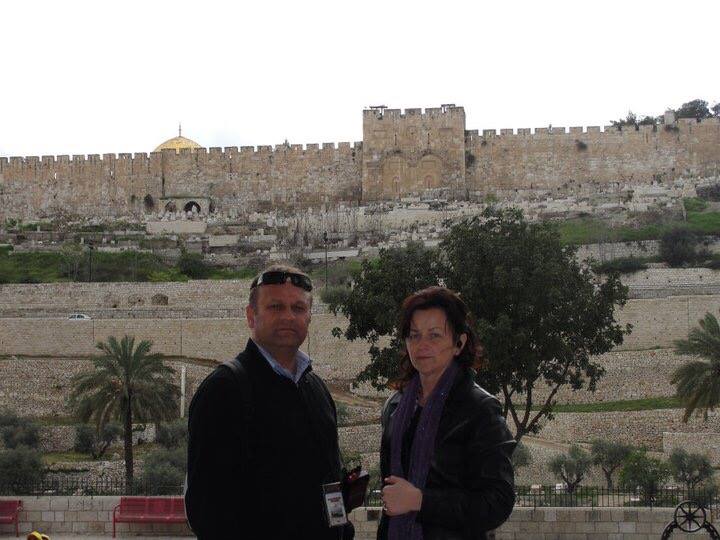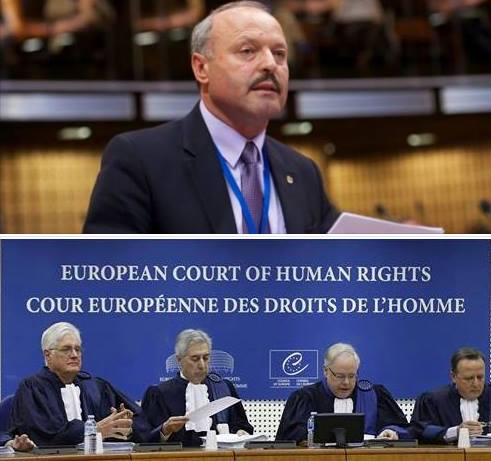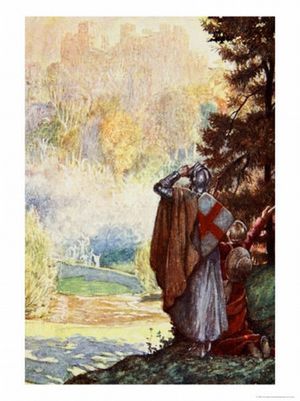 Photo credit http://www.bbc.co.uk
Photo credit http://www.bbc.co.uk
Source: http://www.mnnonline.org
Malaysia ― „Allah” is the word for „God,” unless you’re a Malaysian Christian.
A Malaysian court ruled that the word Allah can only be used by Muslims to refer to God, overturning a 2009 lower court ruling. Paul Estabrooks, a minister-at-large for Open Doors, says, „In 2009, there was a court case by a Roman Catholic newspaper (called ‘The Herald’) about this. It was a civil court, and it happened to be a Christian judge. She ruled that it was okay for Christians to use the word ‘Allah.'”
The Home Ministry filed an appeal against the decision on Jan. 4, 2010. Estabrooks explains that the upper court was made up of Islamic judges. As a result, „Monday, they issued their ruling that you cannot use the word ‘Allah’ unless you are a Muslim.”
The court also claims banning the word in non-Muslim contexts was „no infringement of any constitutional rights,” but the decision furthered the debate on whether Malaysia is a secular state or an Islamic state.
Despite alleged constitutional freedoms, discriminatory legislation and actions against minorities seem to be creeping in. Sharia law–applicable for Muslims only–actually supersedes constitutional law on some issues.
Malaysia’s Christian, Buddhist, and Hindu minorities have often complained that the government infringes their constitutional right to practice religion freely. Christians make up more than 9% of Malaysia’s nearly 28 million people, according to Operation World.
On a positive note, Estabrooks notes that the exclusivity issue does not seem to pose the same problem in other Muslim-dominated countries. „Ironically, it’s not an issue in Indonesia, which is the largest Muslim nation population in the world. It has the same basic characteristics as the Arabic-speaking world.”
Although it’s unlikely another appeal will follow, the issue is anything but closed. Since the 2009 decision was followed by attacks on churches, there are expectations that tensions could explode anyway. The Christian Federation of Malaysia issued a statement on the decision, expressing disappointment over the decision and noting the further erosion of unity among Malaysians.
The impact of the decision could be devastating to Gospel outreach. „What it means, of course, is that there won’t be any Bibles distributed for a while until this is resolved because the current Bibles do have the word ‘Allah’ whenever God is mentioned in the Bible. So now, these Bibles will not be allowed to be distributed.” What’s more, says Estabrooks, „The Bible translators are going to have the biggest challenge here. How do you come up with a substitute word [for God] and make the Bible available in the country?”
If it is true that other Arabic countries and Muslim nations do not have an issue with the „Allah” usage, why is it such a prevalent issue in Malaysia? Estabrooks hazards, „There is a general knowledge that the Church is growing. Muslims are accusing the Christians of using the word ‘Allah’ in order to open a door for them to evangelize. This is the real reason, I believe, why they’ve made that decision.”
Now what? During his visit last month, Estabrooks noted that the „Allah” issue was the „water cooler” topic of the moment because the outcome would affect many aspects of Gospel work. He remarks, „If you’re a Christian, you have a tremendous opportunity to share your faith with others just because of this current event.”
Pray that Christians will stand firm in their faith, despite opposition. Pray that Malaysian Christians will be free to practice their faith in Jesus Christ. Pray that all Christians in Malaysia will be able to freely access the Bible.
Analysys from Jennifer Pak – BBC News, Kuala Lumpur
The verdict does not come as a surprise to the two million Christians in Malaysia. Many of them believe that the case stems from a tight race between the governing Malay-Muslim party, UMNO, and the opposition Islamic party, PAS.
The Allah ban is seen as an attempt by UMNO to boost its Islamic credentials and win back votes. It’s an issue that crops up in the government-linked media ahead of an election and promptly dwindles after the vote.
Christians are so convinced that this issue is about political posturing that most followers say they will continue to use the offending Bibles and use the word Allah in their worship.
Not all Muslims back the ban. But one of the most outspoken supporters is an influential group called Perkasa, which is backed by former prime minister Mahathir Mohamad – a champion of Malay-Muslim rights.














